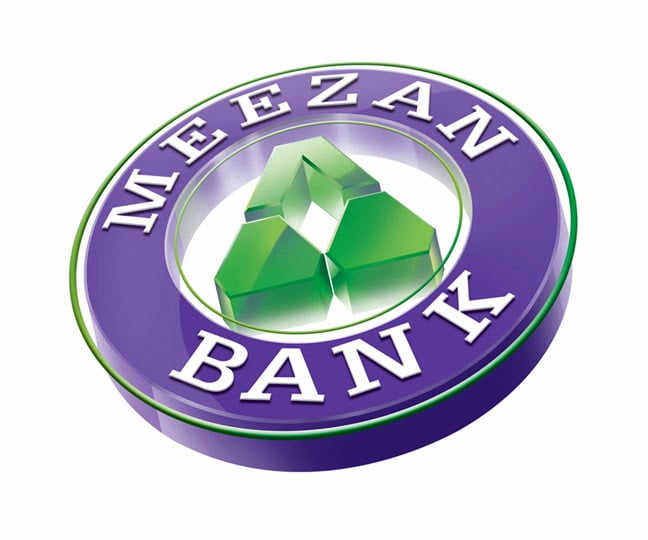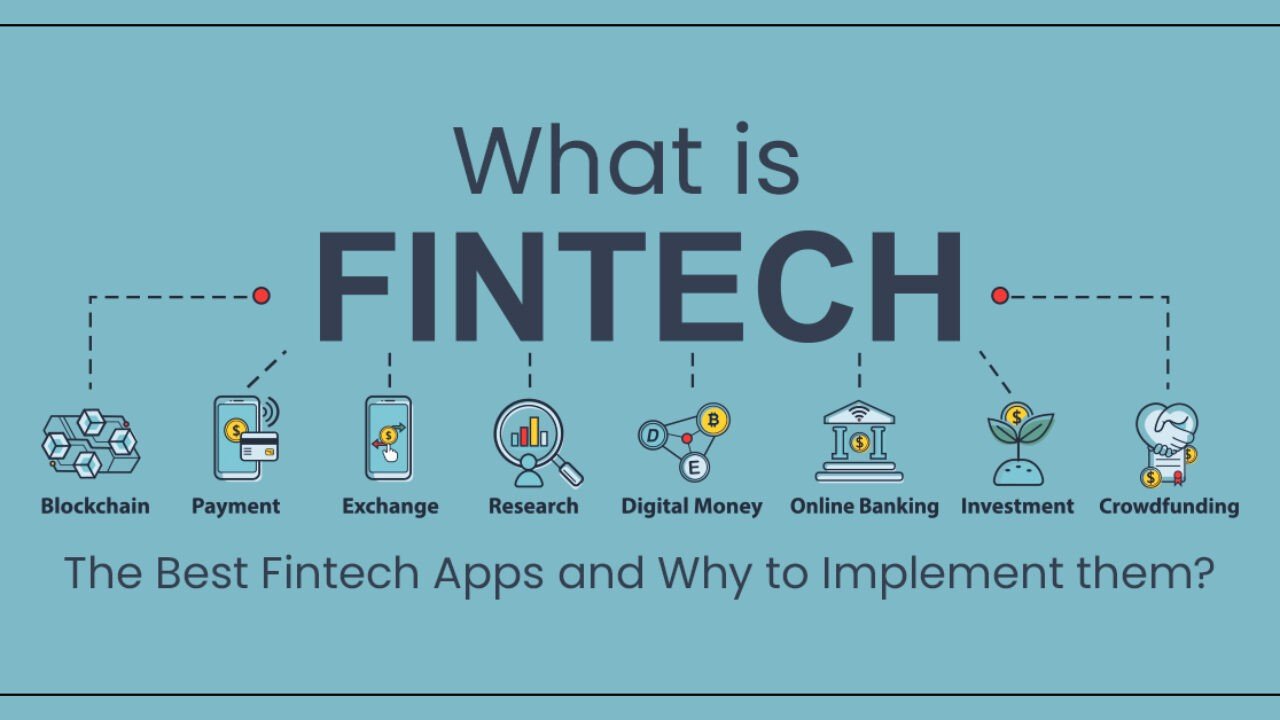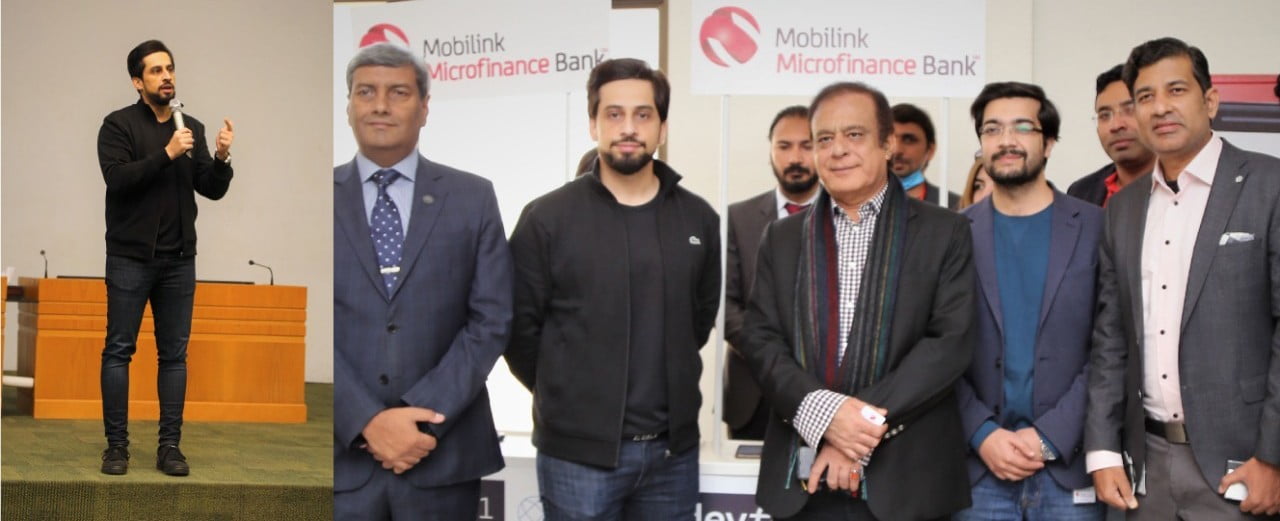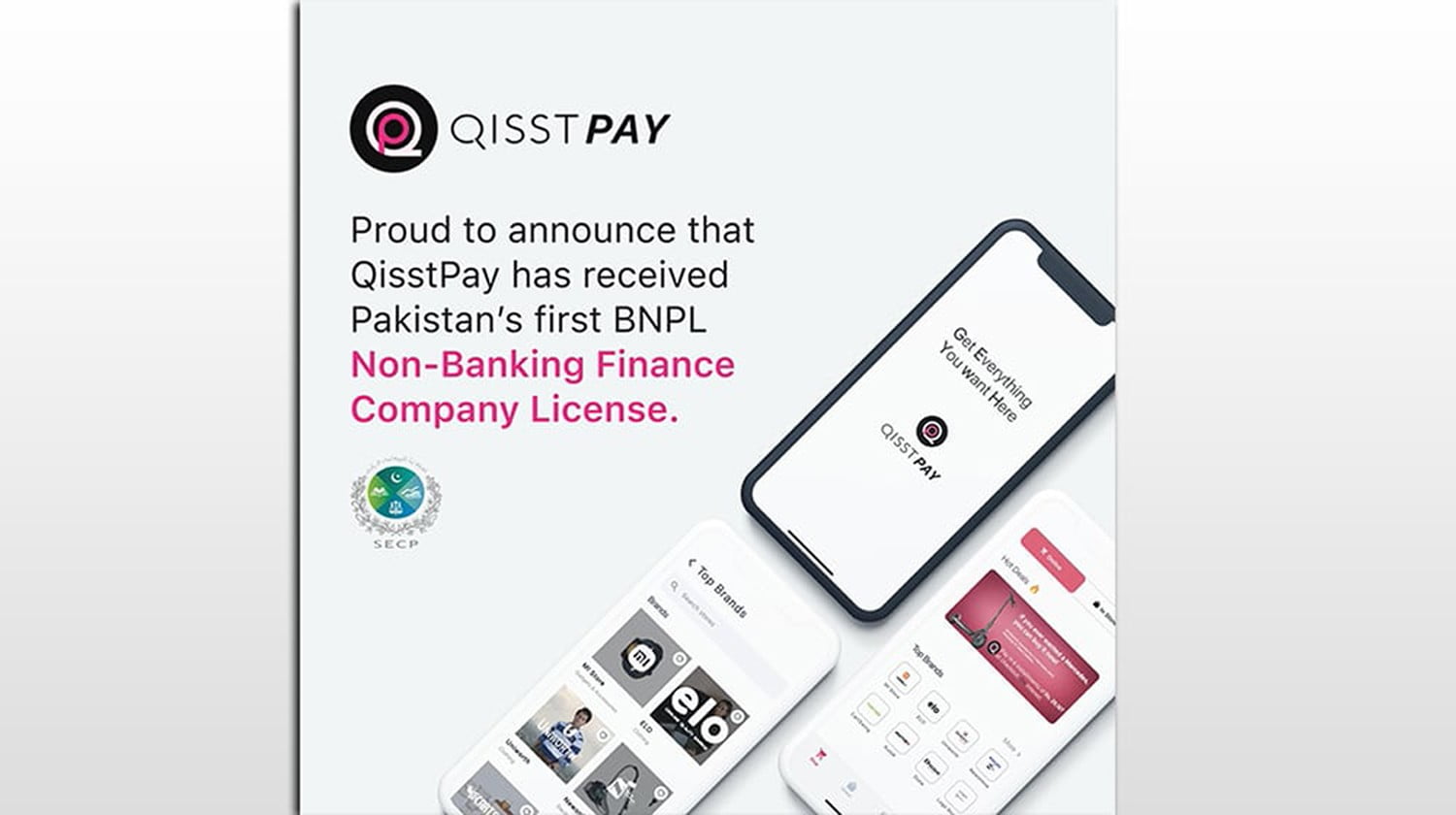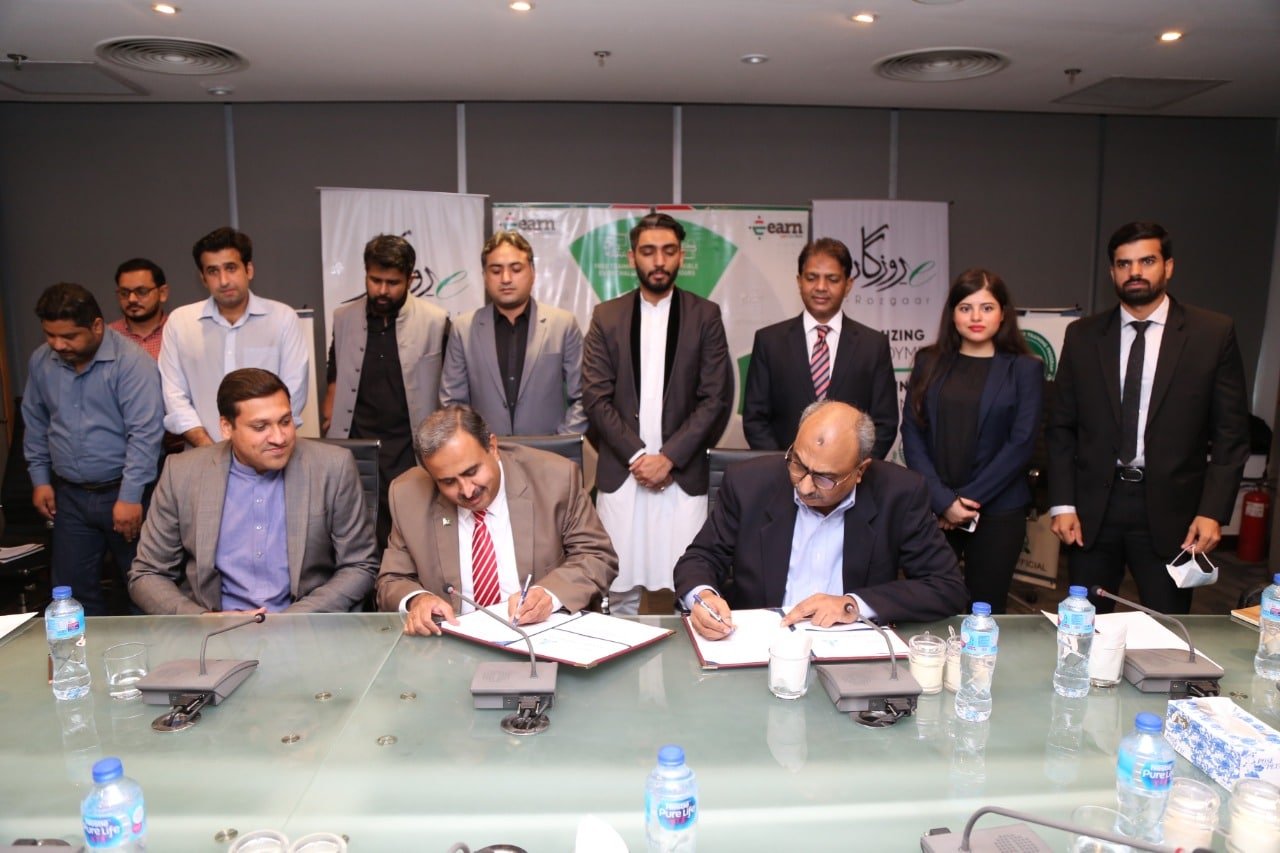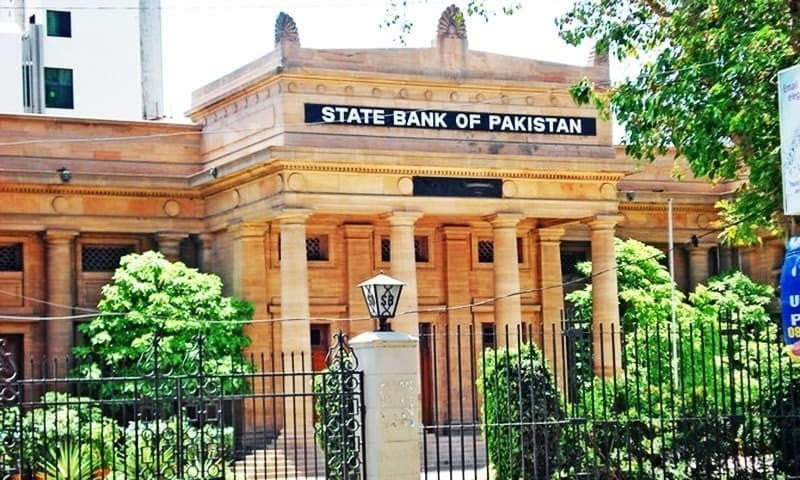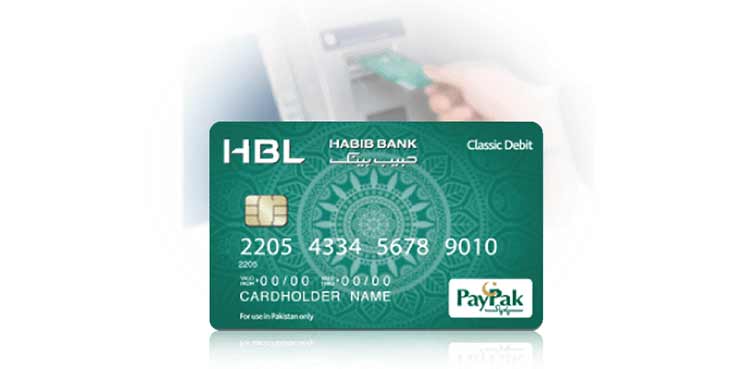A new report from Economist Impact commissioned by Crypto.com, provides a gauge of changes in consumer sentiment toward digital currencies and the trend toward a cashless society.In 2020 and 2021, Economist Impact conducted surveys to measure the relative acceptance of digital currencies and other digital payment methods, and found that the trend towards a cashless society was growing stronger. A new survey of 3,000 consumers, and another of 150 institutional investors and treasury management respondents was launched in January and February 2022 to assess how sentiment around digital currencies has changed in the past year.The survey finds that while the share of respondents who report that they always (as close to 100% of purchases as possible) use digital payments instead of banknotes, coins, or credit cards has remained largely similar over the past two years at 24%, more than three in four consumers expect their countries to become largely cashless within the next five years.In fact, 18% of respondents say the country in which they live will become cashless in the next year or two, compared with 17% in 2021 and 14% a year earlier. In keeping with this trend, only 13% now say their country will never become cashless compared with 19% in 2021 and 28% in 2020.The significance of governments’ role in this shift toward a cashless society is made clear by the survey results. For instance, among those who believe their country will become cashless, government and the public sector is seen as the biggest driver of this (49% compared with 27% in 2021).This echoes findings from the institutional survey that regulations can enable acceptance and adoption. On the flip side, government regulations are also picked as one of three main barriers to becoming cashless by more than one in four (27%) of consumers, up from 20% in 2021.Additionally, 37% of consumers surveyed expect their governments or central banks to launch a CBDC in the next three years. A similar share expects them to make cryptocurrencies legal tender for transactions in their countries.The optimism around CBDCs is seen among institutions as well, with 65% saying they expect them to replace physical currencies in their countries, up from 56% in 2021. There is also optimism around growing understanding and trust of digital currencies—for example, only 35% consider that a primary obstacle to greater institutional investor or corporate treasury use of open-source digital currencies, down from 47% a year earlier. However, a larger share (41%) view regulations as a barrier this year than they did last year (32%).Charles Ross, principal at Economist Impact and editor of this report, says: “The results of this year’s research show considerable development in the ecosystem for digital assets and currencies globally. Both consumers and institutions are more optimistic about the move to cashless today than they were a year ago and more interested in digital assets. While some barriers remain—and market fluctuations such as those we have witnessed in the crypto markets in recent months can test expectations—the shift away from physical to digital money is well underway.”Visit impact.economist.com/projects/digimentality-2022/ for the full report.
Category: Fintech
IFN awards “Pakistan Deal of the Year” and “Most innovative Deal of the Year”
Meezan Bank and Pakistan Kuwait Investment Company (Pvt) Limited – led Long Term Sukuk transaction, structured for Enertech, received two prestigious awards including ‘Pakistan Deal of the Year’ and ‘Most innovative Deal of the Year’ by Islamic Finance News, REDmoney Group, Malaysia. Meezan Bank is also acting as Investment Agent, Security Agent and Accounts Bank for the Sukuk transaction.
IFN announced the EnerTech’s Sukuk as the ‘Most Innovative Deal of the Year’ globally ahead of sukuk issuances by Maybank in Malaysia and Kuveyt Turk in Turkey. EnerTech’s Sukuk facility of PKR 2 Billion has been structured as a quasi-equity instrument embedded with conversion and put option. IFN commented in relation to the deal: “Enertech’s innovation flows from its structure. The Sukuk are designed as a quasi-equity instrument to finance the local equity requirement of a 60 km water pipeline project being developed by Enertech in Thar, Sindh. This highly structured transaction inserts the Sukuk holders into a concession agreement. This has previously been challenging for Islamic financiers to achieve in project financings.”
EnerTech has also been awarded the ‘Pakistan Deal of the Year’. Other shortlisted transactions which received honourable mentions in the category included Pakistan Mobile Communications Limited (PMCL) syndicated finance facility and the Government of Pakistan’s Euro Sukuk facility. IFN stated: “Enertech reflects a significant increase in the Pakistani markets’ sophistication. The capital of the project obligor was strengthened through a quasi-equity Sukuk offering. This created a sound financial footing for the Meezan Bank led syndicate to complete the financing.”
IFN also shortlisted the Long-Term Project Finance Facility of PKR 25.5 Bn for Enertech under the category of ‘Project and Infrastructure Finance Deal of the Year’ globally. The Meezan Bank and Pak Kuwait Investment Company (Pvt) Ltd led consortium inked the project finance facility agreements for the water supply and storage project in November, 2021, Karachi. This is the largest public–private partnership financing facility raised for the Government of Sindh.
Enertech is a fully owned subsidiary of National Technology and Enterprise Company, which in turn is a fully owned subsidiary of Kuwait Investment Authority. The project constitutes total infrastructure investment of approximately USD 180 Million generating economic activity in the country and would enable development and uplifting of Thar, Sindh. The successful implementation of the Project is also expected to motivate other foreign investors to explore the infrastructure sector of Pakistan especially under public- private partnership mode.
Fintech in Pakistan witnessed a boom as the companies attracted a significant investment of more than $32 million
Pakistan is being witnessed a boom in fintech industry as the companies attracted a significant investment of more than $32 million in the first half of 2021 as against investment of $10 million received in 2020 in the same sector, reported issued by a foreign think tank.
According to ADVANCE.AI, a leading AI and big data company in Asia, the fintech companies including established entities and startups are being largely backed by foreign investors having nearly 75% share and impressive technical expertise.
A few of world-renowned investors including Kleiner Perkins have explored into the country’s fintech market tapping the potential of the country with a wide scope of business, tech savvy young populating, and emerging new trends in economy.
Read more about Fintech in Pakistan
Over the past decade, the country has seen continuous economic growth including the rapid development of the Internet and e-commerce, which, combined with favorable regulatory policies, have created a favorable environment for the fintech industry, the report said.
The report critically highlighted that the low penetration of banking services in the country despite the profitable banking industry with an impressive network of operations. The private sector businesses and individuals have very limited access to loans, only accounting for 25.6% and 3.3% of the total loans, respectively.
Pakistan has some 45 fintech startups, 18 (or 40%) of which provide payment services, which is above average for emerging markets (32%). This indicates that fintech is still in its infancy in this promising market because payment is usually the first to be disrupted by fintech, followed by lending and insurance.
The growing retail, wholesale, and trade (including e-commerce) sectors, the expanding middle class, and an increasing number of tech-savvy young people have combined to raise the requirements on financial services, presenting a great opportunity for fintech.
fintech companies have become able to reach individuals who do not have a bank account. The penetration rate of e-wallets has increased from 9% before the pandemic to 16% by the end of 2020.
The rate of financial inclusion increased from the pre-pandemic level of 21% to 25% by the end of 2020, the report mentioned.
The report listed successful and established fintech companies including Easypaisa, Finja, Creditbook, Tez Financial Services.
Pakistani fintech companies are less attractive to investors than their international counterparts. The country received only $10 million investment in fintech sector during 2020. Although the investment rose to USD 32 million in the first half of 2021, it is still not enough to fill the financial access gap and build a strong and internationally competitive fintech ecosystem.
Pakistan’s fintech industry by the successful cases of existing players and the favorable factors in the industry. These factors include un-met or under-served needs in market segments, strategic partnerships to enable diversified product portfolios, higher service quality and larger customer bases, transaction security guaranteed by reliable and secure payment platforms, and innovative services that help fintech companies to improve productivity and deliver an excellent user experience.
Regulators in Pakistan have given fintech a green light because it helps to increase financial inclusion. Accordingly, the State Bank of Pakistan (SBP) has been promoting the digital transformation of finance. It has devised the National Payment System Strategy (NPSS), approved Electronic Money Institutions (EMIs), launched the instant payment system, Raast, and improved the credit service level, laying a solid regulatory and infrastructure foundation for fintech development.
Moreover, lockdowns and economic stimulus packages amid the COVID-19 pandemic have accelerated the digitization of a sluggish financial sector. During the pandemic, the SBP required banks to provide services via Internet banking and mobile banking, and waived digital transaction charges to boost e-commerce and electronic payments.
Alongside these opportunities are major challenges such as the absence of a trust and credit system, a large number of informal economic activities, high transaction costs, limited investment, and financial fraud.
The underbanked population presents a massive opportunity for fintech. However, many of these people do not fully understand or trust fintech applications. Some of them still prefer physically stamped bank receipts. The industry faces an urgent need to improve its credit system.
Electronic payments cause higher transaction costs than traditional banking does. Raast can cut transaction costs and thereby promote the widespread adoption of digital payments
Mobilink Microfinance Bank Ambition for Driving Digital and Financial Inclusion highlighted at DevFest 2021
Pakistan’s largest digital bank, Mobilink Microfinance Bank Limited’s (MMBL’s) efforts for accelerating socio-economic growth by promoting digital and financial inclusion in the country were highlighted at the 6th Annual DevFest 2021, organized by Google Developers Groups Islamabad at the National University of Sciences and Technology (NUST), Islamabad.
As a lead collaborating partner at DevFest 2021, Mobilink Microfinance Bank Limited (MMBL) launched the MMBL Dost Hackathon, which was formally announced by Khurram Javaid, Head Digital Sales, Marketing and Partnerships along with Mohammad Ali Ibrahim, Head Marketing and Communications at MMBL. The 45-day Hackathon set down the foundation for making scalable problem-solving innovations in collaboration with GDG. MMBL’s digital channels provide convenient and inclusive banking products and services that are crucial to bringing more people into the financial landscape.
MMBL’s Chief Finance and Digital Officer, Sardar Mohammad Abubakr was one of the keynote speakers at the event along with the Federal Minister for Science and Technology, Shibli Faraz, Corporate Outreach Lead – Google Developer Groups Islamabad, Ali Naqi Rizvi, and Senior Director Commercials Global Centre at S&P Global, Shafqaat Shah. While addressing the tech entrepreneurs and graduating students present at the event, Sardar Mohammad Abubakr stressed the importance of financial inclusion and the growing digital landscape in Pakistan. He stated, “Uplifting & upskilling the youth of Pakistan remains at the core of MMBL’s business ethos and paves the way for successful idea generation and creativity through a digitally-empowered and resilient workforce.”
MMBL’s team also showcased digital on-boarding of customers and digital lending through the DOST platform and contributed towards various sessions in the two-day event focusing on Technology, Financial Inclusion, Digital Banking, Startup Ecosystem, and Diversity & Inclusion (D&I). MMBL’s Manager Transformation & Partnerships, Sundas Kazmi participated during the panel discussion in D&I. While discussing MMBL’s role in broadening horizons and providing financial support for women, she shed light on how MMBL strives to engender equality in the banking sector by designing female-centric products and services to address their financing needs and enabling them to overcome barriers restricting their access to finance. The bank’s flagship initiative, Women Inspirational Network (WIN) is specifically targeted towards the uplift of women all across Pakistan.
The MMBL stall showcasing a range of the bank’s cutting edge digital financial products and services received massive footfall, including one special visit by Federal Minister for Science and Technology, Shibli Faraz. The bank’s efforts for promoting financial inclusion in the country were appreciated by the visitors. The two-day festival was concluded with the prize distribution to the winners of the Women’s Online Safety Hackathon, which was a major component of the event, along with various workshops & codelabs, energizer & mentoring sessions, and fireside chats.
QisstPay Gets Pakistan’s First Non Banking Finance Company License
For the first time in the country’s bleak startup history, the Securities and Exchange Commission of Pakistan (SECP) has awarded a Non-Banking Finance License to the highly popular Buy Now Pay Later (BNPL) startup QisstPay
According to the company’s co-founder and CEO, Jordan Olivas, this license is a huge first for the business. With it, QisstPay is now Pakistan’s first and only legally operational BNPL and is eligible to expand into other areas such as vehicle financing, home financing, microfinancing, leasing in the future.
It is a significant step by the SECP at a time when the BNPL is facing regulatory scrutiny around the world, particularly in the United States and the European Union.
On account of being the first player of a BNPL service in the field, QisstPay’s latest challenge is getting both consumers and merchants on the same page by convincing them to use this new product. By focusing solely on a complicated and unusual market like Pakistan’s, CEO Olivas is positive that this new change promises big rewards for QisstPay in 2022.
As the name suggests, QisstPay is the fastest-growing installment payment service for emerging markets, and provides a payment solution to online buyers, merchants, and business partners while increasing their consumer base. It is Pakistan’s first BNPL platform, and is a promising game-changer in the world of e-commerce and fintech.
QisstPay allows its clients to avail of interest-free installments and promotes 60 percent higher traffic and thereby, higher-order rates leading to an increase in sales. By allowing BNPL services, QisstPay focuses on merchant and customer acquisition by stimulating bigger growths instead of transactional volume.
MMBL Partners with VRG to equip non-smartphone customers with self-service banking Via the USSD channel
Pakistan’s largest digital bank, Mobilink Microfinance Bank Limited (MMBL) has signed an agreement with Virtual Remittance Gateway (VRG), a veteran mobile financial services platform for banking customers, and Pakistan’s only commercial licensed Third-Party Service Provider (TPSP). Under this partnership, MMBL’s non-smartphone users will be able to use their bank accounts via Unstructured Supplementary Service Data (USSD) Channels. USSD is a widely accepted channel by customers for buying mobile bundles and checking prepaid balance amounts.
VRG, through its technical expertise, has embarked on enabling MMBL’s USSD channels, allowing MMBLs customers to use banking services 24/7 on their phones, that do not have 3G, 4G, WiFi, or Internet connections. With the help of USSD Channels, MMBL’s non-smartphone users will be able to check their bank balance, bank statement, transfer funds, pay utility bills, and recharge their mobile phone accounts without data or internet connection. The initiative will initially be piloted for a month’s period, followed by a commercial launch in January 2022.
Sharing his thoughts about the partnership, Ghazanfar Azzam, President & CEO MMBL said, “We are committed to expanding our financial services to a wider pool of customers by targeting the underserved segments of the society. Over the years, MMBL has successfully been able to reach millions of customers across Pakistan through its wide array of innovative products and services specifically tailored to promote financial inclusion for all. With VRG’s partnership, MMBL plans to revolutionize Pakistan’s banking sector by bridging the financial gap and eradicating all barriers to access digital financial services.”
Chief Finance & Digital Officer MMBL, Sardar Mohammad Abubakr said, “MMBL is dedicated to uplift the unbanked and underserved segments, particularly SMEs and women-led businesses, by providing them access to financial services through its expansive digital financial ecosystem. Through this partnership, we strive to accelerate further growth by merging USSD Channels with our tailored products and services that will not only enable individuals at a wider scale but will give them a chance to contribute positively to Pakistan’s digital financial ecosystem as well.”
Speaking at the occasion, Muhammad Salman Ali, CEO VRG said, “Customer centricity is at the heart of banking and this collaboration is a significant step towards digital banking making its impact bigger on customer experience across business segments. Providing Unified USSD service to access banking will not only enhance the customer experience but also augment MMBL’s digital footprint to reach customers who were previously out of the digital banking net.”
Mobilink Microfinance Bank is committed to leading digital banking initiatives across the country. The bank is promoting financial inclusion by providing innovative, convenient, and accessible digital financial solutions to the masses.
PITB and JS Bank to Provide Smooth Payment Mechanism to Freelance Community
Punjab Information Technology Board (PITB) has signed an MoU with JS Bank to provide a secure and smooth payment mechanism to the freelance community
The MoU was signed by PITB DG e-Governance Sajid Latif and Najeeb Ahmad, Head of Special Asset Management at JS Bank on behalf of their respective organizations in a ceremony held at Arfa Software Technology Park (ASTP).
PITB Head of Freelancing Wing Chaudhry Ahmad Islam, JS Bank Product Manager-Digital Financial Services Khushnuma Jamal and focal person Mahnoor Ikram along with officials from State Bank of Pakistan were present at the event.
Speaking on the occasion, PITB DG eGov Sajid Latif stated, ‘PITB has successfully trained over 30,000 freelancers across Pakistan so far. We plan to train a minimum of 100,000 freelancers by the end of this year,” he added.
Najeeb Ahmad, Head of Special Asset Management – JS Bank stated, “Our partnership with PITB is another step in our efforts to drive entrepreneurship amongst the youth of Pakistan.This specially designed solution offers registered freelancers complete fee waiver on ATM withdrawals, specified international e-commerce payments Inter Bank Fund Transfer (IBFT) and account maintenance fee. In addition, as a special incentive Master Card Gold Debit card will be given at zero cost.”
The collaboration between the two will be an avenue to support freelancers through the provision of Freelancer Current Account/Home Remittance Current Account.
Mobile number to be utilized as account number
The State Bank of Pakistan is established to clarify banking by permitting users to revolve their mobile phone numbers into bank account numbers to enlarge banking services to the unbanked and monetary precluded people living in remote and rural areas.
A user can connect his/her mobile phone number or any other recognition number with their bank account number under Raast said Syed Sohail Javaad State Bank of Pakistan Payment System Department Director on Tuesday. This attribute will be upraised in October 2021.
Saying at the UBL Digital Mobile Commerce 2021 on Tuesday, he elaborated that soon, people could provide their mobile numbers to attain instant remittance.
According to him, remembering a long IBAN or bank account number is one of the toughest things in the banking ecosystem. He told that this was in our mind when we initiated scheming Raast in 2017.
“Next year, we are focusing to launch exciting pull remittance service under which a retailer of goods can appeal banks to finance for the merchandise from purchaser account with his authorization,” he described.
Read More about Raast App
The central bank in cooperation with the Pakistan Telecommunication Authority has enabled cybersecurity of digital banking in the country. He mentioned, we stand 99.9% safe from the world’s security warnings and strikes. We have obtained warnings and successfully controlled them to prevent them on time.
He further described that the State Bank of Pakistan kept occasional sessions with banks’ chief information security officers.
When a cyber-threat happens to the knowledge of the central bank, we cooperate with Pakistan Telecommunication Authority and call banks to brief them about the warning and recommend actions for them to keep secure, he told.
SBP Relieves Process of Increasing investing from Oversea for Start-up
To ease the initiation of companies in increase capitalize from overseas, the State Bank of Pakistan has permitted them to get credit as changeable Deb. Changeable debt is a type of capitalizing with the category that it may be changed into equity stakes of the lease institution, subject to specific terms and conditions.
Before the latest implementation, institutions were permitted to increase overseas currency debts from foreign within the limitation mentioned in Chapter nineteen of the foreign change instructions. However, there was no distinct list that gave the option of exchangeable of debt into the impartially of the leasing company.
It is supposed that this measure will support in fascinating more oversea financing as it will give another choice to international capitalist to finances in launch companies working in Pakistan.
The overseas capitalists, which are unsure to corporate in the equity of the Initiation Company at a starting stage. It may give investing under this class and determine about a contribution is partially at some later stage.
For all PayPak Cards HBL enables e-Commerce Transactions
Through IPG (the Internet Payment Gateway), HBL stands the first bank to make its PayPak e-commerce acceptable. Gateway currently serves more than 400 e-commerce merchants. With e-commerce merchants through HBL, PayPak will make all cardholders to conduct secure transactions.
HBL and 1-Link not only take pride in building financial capacity across Pakistan. However, it believes too that such initiatives will be taken not only for PayPak users, but also for Pakistan’s digital payments, and will be a milestone in the development of e-commerce.
Mr. Najeeb Agarwala, who is CEO Link 1 also said that HBL has always remained at the forefront of digitization and that is why we value our partnership with HBL. This capability brings Pakistan-based digital payment channels one steps closer to acceptance everywhere, while e-commerce is a good practice after epidemics. With the secure functionality of 3D, more all four million PayPak cardholders will be confident for using HBL and e-commerce transactions. We heartily congratulate HBL on becoming the first bank to accept PayPak e-commerce payments.
The Chief Innovation and Financial Inclusion of HBL Mr. Abrar Mir said that HBL is 1st bank that will allow it PayPak users to use the e-commerce stage and for that HBL is proud too. The Payment Gateway is convenient for all merchants who will accept transactions from JPA cardholders, thus empowering those customers to make digital purchases online. HBL is working with a purpose to become such firm Which enables its customers to build ecosystem partnerships and provide in compliant manner and saleable solutions securely.


